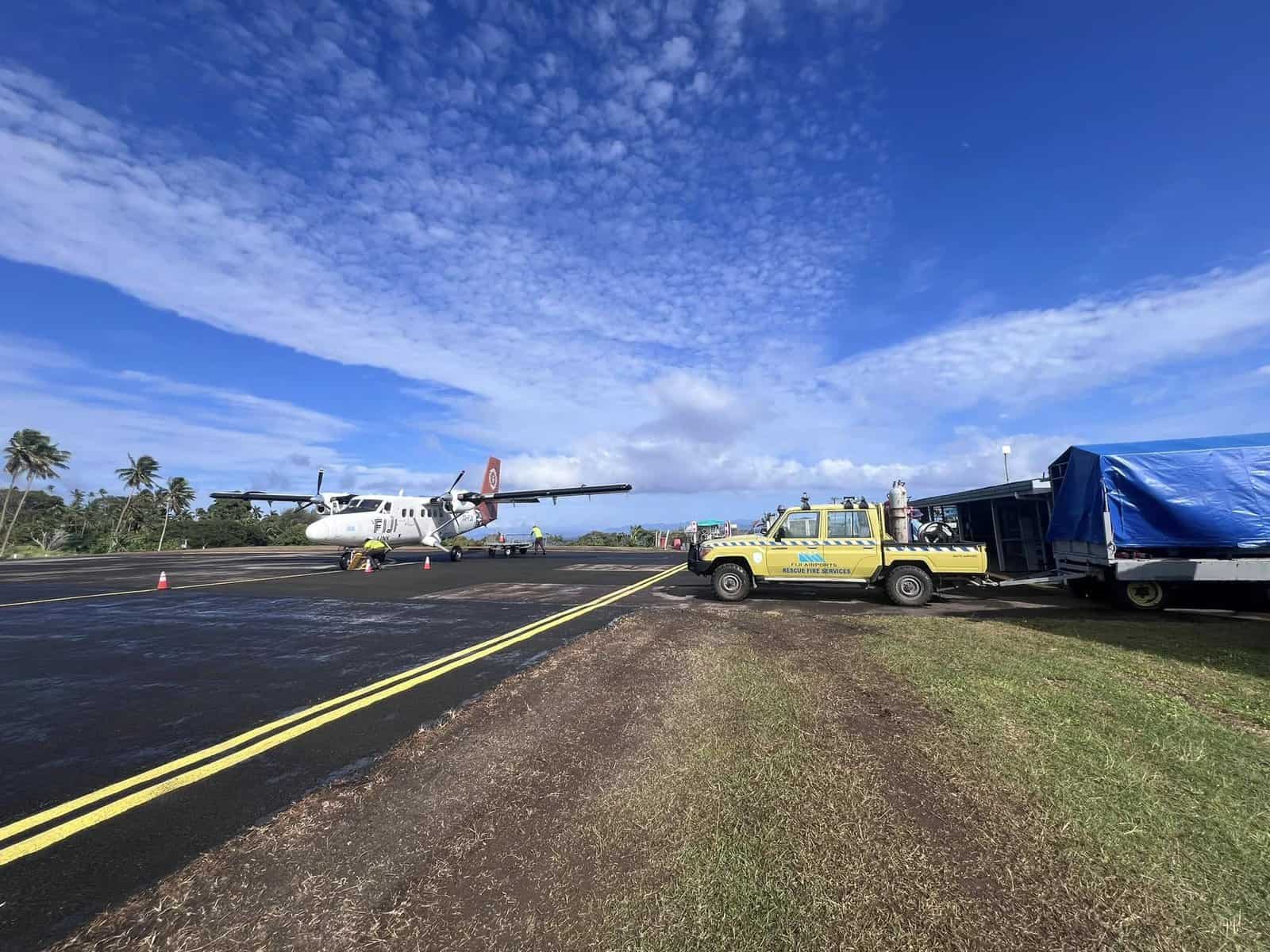Copyright islandsbusiness

FIJI Airports is executing a major $2 billion infrastructure investment plan through 2033 to modernise ageing facilities and expand capacity. The plan covers diverse assets, including pavements, buildings, IT systems, and equipment, reflecting the complex nature of airport infrastructure. Airports Fiji Limited, Directors Project, Niranjwan Chettiar, highlighted the need to balance upgrading physical structures with digital infrastructure, such as their own HP network, to ensure a seamless passenger experience. “This expansion aims to address current capacity limits, as the airports are already operating at full capacity, preparing for projected demand through 2040 and beyond.” The investment supports Fiji Airports’ vision to become a world-class aviation hub, strengthening connectivity across the Pacific, Australia, and the Americas. Fiji Airports is advancing digital initiatives to improve operational efficiency and the customer experience, starting late this year and continuing through next year. Chettiar said they will deploy automated bag drops and check-in kiosks to reduce wait times and simplify passenger flow. “An operational dashboard is being developed to provide real-time performance data for better management decisions and quicker response times. “Discussions with the Ministry of Immigration and other stakeholders aim to integrate biometric processing and smart gates, enhancing security and speed.” “These tech upgrades tie directly into the airport’s goal to be future-ready and competitive with global standards,” he said. He added that Fiji Airports maintains a strong commitment to safety, compliance, and sustainability as core pillars of its strategy. “Safety and security are prioritised to meet stringent aviation industry standards, ensuring trust for airlines and passengers alike. “Environmental sustainability is embedded in their DNA, guiding infrastructure decisions and operational processes to minimise ecological impact.” The approach balances the need for growth with responsible stewardship of resources, aligning with global expectations for modern airports and focusing on long-term financial sustainability and community acceptance, as stressed by senior leadership. Building internal talent is a central part of Fiji Airports’ growth and transformation plans. The organisation employs 577 staff across Fiji, supporting operations across 15 airports and managing 6 million square kilometres of airspace. Chettiar also highlighted ongoing investments in developing skills to handle new technologies and expanded infrastructure. “This talent focus ensures the airport can maintain high service standards and operational excellence amid growth.” “The strategy fosters stronger partnerships internally and externally to support continuous improvement and innovation,” he said. Fiji Airports is positioning itself as a critical hub for Pacific connectivity to Australia and the Americas. Managing 99,239 aircraft movements per year, the airport plays a key role in regional transportation and commerce. The vision to be the blue Pacific aviation hub drives infrastructure and service improvements designed to attract more airlines and passengers. Investments and digital upgrades are intended to differentiate Fiji Airports from competitors by offering a superior passenger journey. Chettiar said, “This positioning supports national economic goals by enhancing tourism and trade links across the region.”



